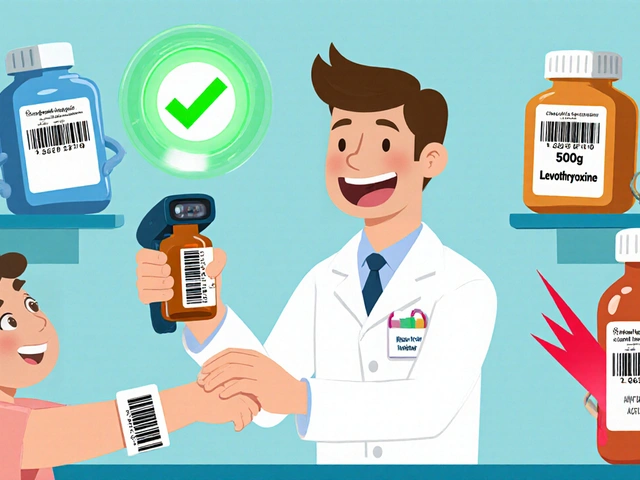Virus Guide: What They Are, How They Spread & Simple Ways to Protect Yourself
Viruses are tiny invaders that need a host cell to survive. Unlike bacteria, they can’t grow on their own – they hijack your cells and turn them into virus factories. That’s why you feel sick when a virus takes over: your body is fighting back while the virus tries to copy itself.
Most of us have dealt with a cold or flu at some point, but there are many other viruses out there – from stomach bugs that cause nausea to more serious ones like COVID‑19. Each virus has its own tricks, but they all share a few basic steps: attach to a cell, enter it, use the cell’s machinery, then burst out to infect others.
How Viruses Infect Your Body
The first move is attachment. A virus has proteins on its surface that lock onto specific receptors on your cells. Think of it like a key fitting into a lock. Once the lock clicks, the virus either fuses with the cell membrane or gets pulled inside.
Inside the cell, the viral genome (DNA or RNA) takes over. It tells the cell to produce viral proteins and copy the viral genetic material. The cell’s own resources get diverted, so you might start feeling symptoms – fever, aches, or a runny nose – as your immune system notices something’s wrong.
When enough new viruses are made, they exit the host cell, often destroying it in the process. Those fresh virus particles can then travel through droplets, bodily fluids, or surfaces to find new hosts. That’s why good hygiene and ventilation matter so much.
Practical Tips to Stay Safe
Washing your hands with soap for at least 20 seconds is the simplest defense. Soap breaks down the virus’s outer layer, making it harmless. If you’re out and can’t get a sink, an alcohol‑based hand sanitizer works too.
Covering coughs and sneezes with a tissue or your elbow keeps droplets from spreading. Toss used tissues straight into a bin – don’t leave them on surfaces where others might touch them.
Staying home when you feel unwell stops the chain of infection. Even mild symptoms can spread viruses to coworkers, family members, or classmates.
Vaccines are another powerful tool. They train your immune system to recognize specific viruses without getting sick. If a vaccine exists for a virus you’re at risk for – like flu or COVID‑19 – get the shot.
Finally, keep your environment clean. Disinfect high‑touch areas such as doorknobs, light switches and phone screens regularly. Simple wipes with bleach or approved cleaners can cut down the chance of picking up a virus from a surface.
Viruses may be invisible, but you don’t have to feel powerless. By understanding how they work and following everyday habits, you can protect yourself and help keep others safe.

Shingles and Your Digestive System: How the Virus Affects Your Gut
Well, guys, I bet you didn't know that shingles could throw a party in your gut, right? This cheeky virus isn't just about a painful rash, it loves to gatecrash your digestive system too! It's like a naughty tenant, causing inflammation, indigestion, and bouts of diarrhea. Holy guacamole, it sounds like a food fight in your belly! But hey, don't worry, be happy - with the right treatment, you can evict this unwanted guest and reclaim your gut's peace and quiet.





